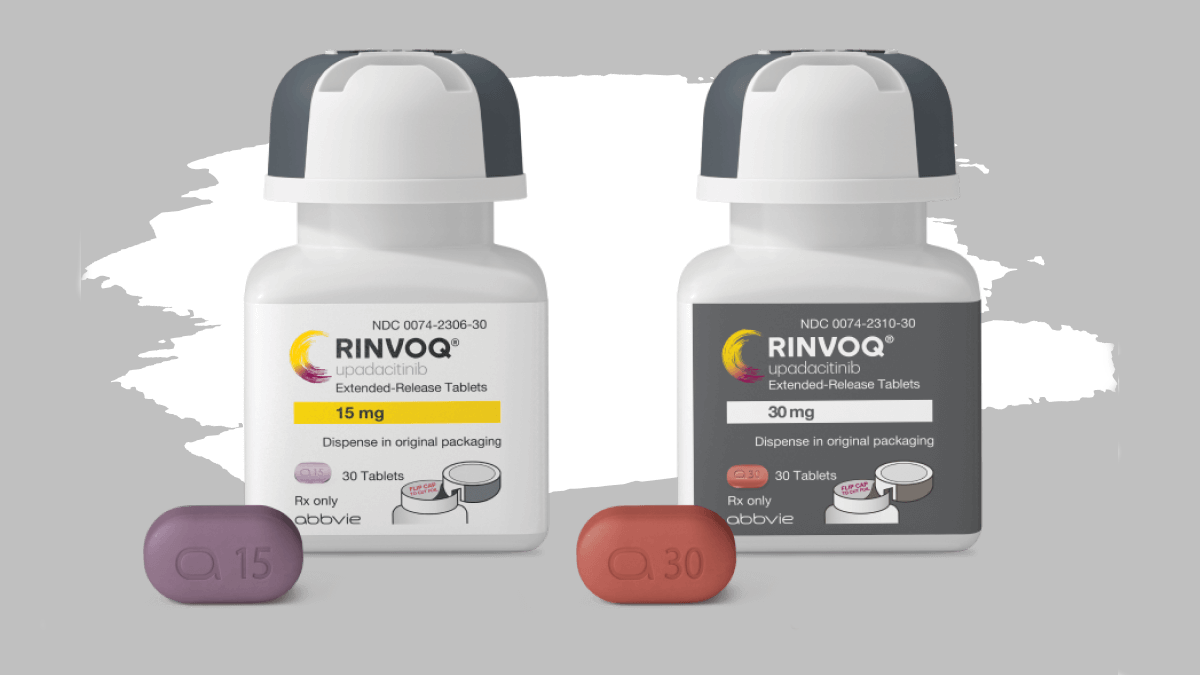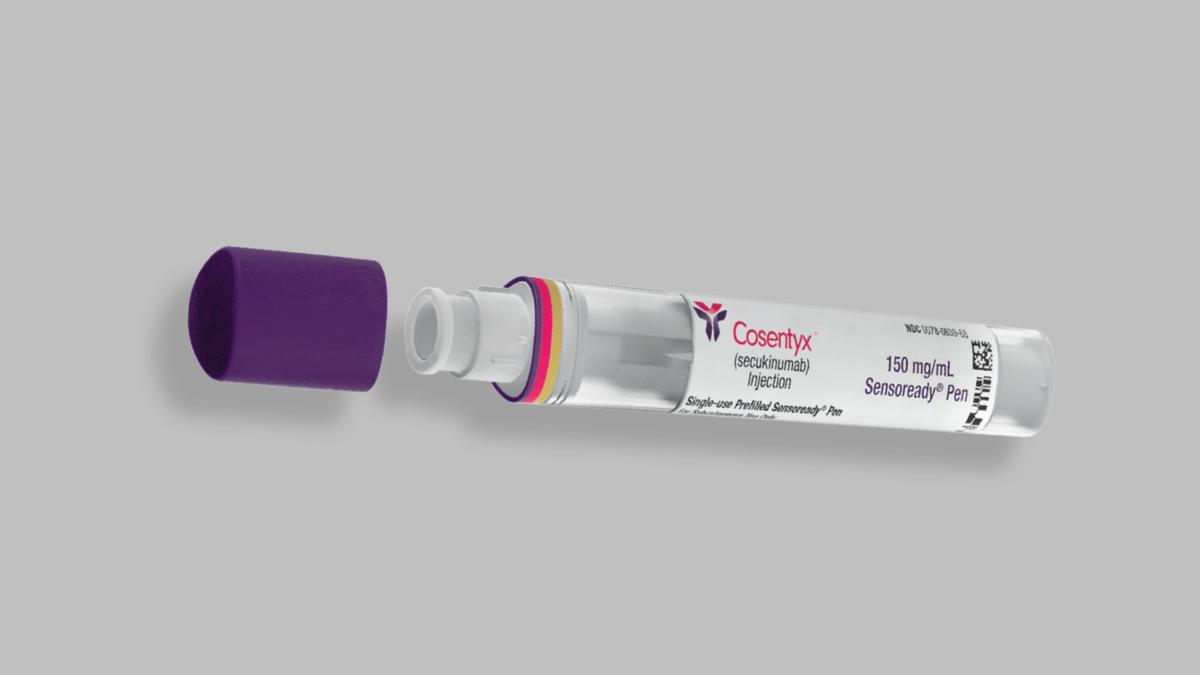AbbVie closes on Rinvoq approval in inflamed artery disease

Patients in the EU with giant cell arteritis (GCA), an inflammation of the arteries, could soon have the first oral targeted treatment for the disease after AbbVie's Rinvoq was recommended for approval by the EMA's human medicines committee.
JAK inhibitor Rinvoq (upadacitinib) has been backed by the CHMP as a 15mg, once-daily treatment for adults with GCA, an autoimmune disease that can cause headache, jaw pain, stroke, and changes in vision – including abrupt sight loss.
GCA is caused by inflammation of large and medium-sized arteries, most often in the head, but also in the aorta and its branches. It is most common in white women aged over 50, although men with the disease are more likely to develop visual symptoms.
The European Commission should now give full approval to Rinvoq in this indication in the coming weeks, with a decision by the FDA also expected within the next few months.
For many years, treatment for GCA consisted of high doses of oral steroids, which play a role as an effective emergency treatment option to prevent damage such as vision loss, but often cannot maintain long-term disease control and can have serious side effects.
That changed in May 2017 when Roche's anti-IL-6 antibody RoActemra/Actemra (tocilizumab) was approved for adults with GCA as a once-weekly injectable option, in combination with steroids, based on the results of the phase 3 GiACTA study.
The clinical evidence behind Rinvoq comes from the phase 3 SELECT-GCA trial, which looked at Rinvoq or placebo given in combination with a steroid regimen that tapered off over 26 weeks. The results showed that 46% of patients taking the JAK inhibitor achieved sustained remission from week 12 through week 52 compared to 29% of those in the placebo group.
The drug also hit the mark on various secondary endpoints, including a reduction in disease flares – a sudden worsening of symptoms – and lower cumulative steroid exposure.
A second stage of the study, which has yet to generate results, is looking at whether patients who achieve remission with Rinvoq can maintain that status while the drug is phased out.
Rinvoq is a key growth product for AbbVie, with sales rising more than 50% to approach $6 billion last year. The company has predicted that Rinvoq and companion immunology and inflammation drug Skyrizi (risankizumab), its anti-IL-23 antibody, will bring in more than $31 billion in combined sales in 2027, fuelled by new indications, up from $17.7 billion in 2024.












